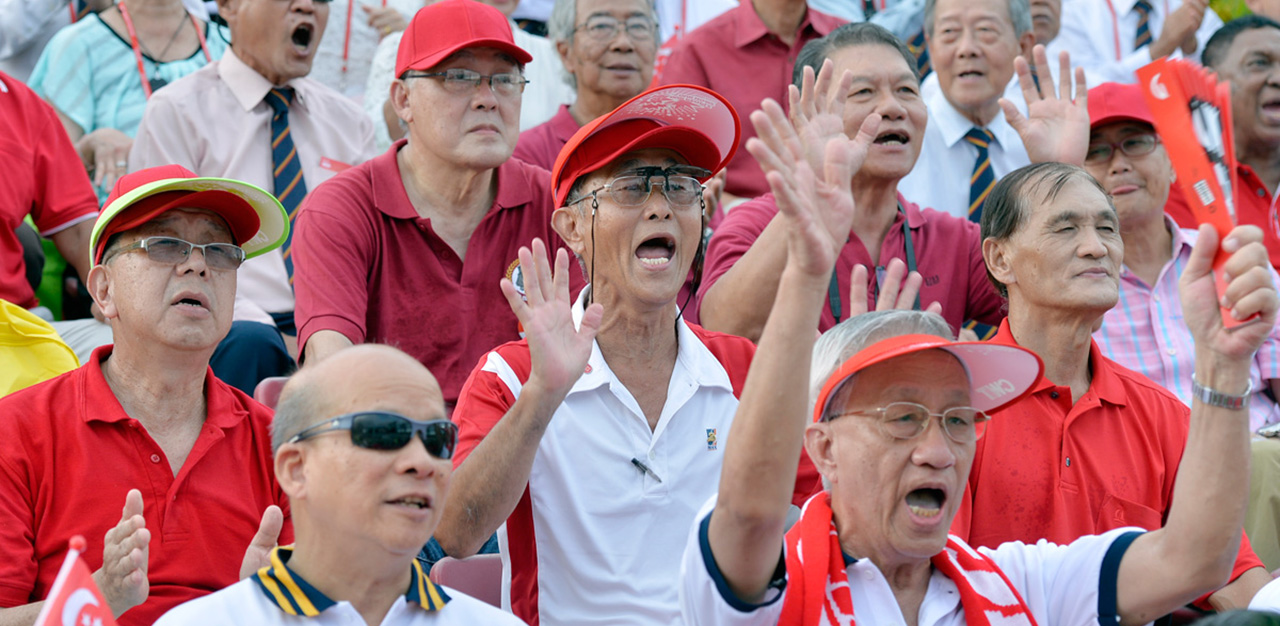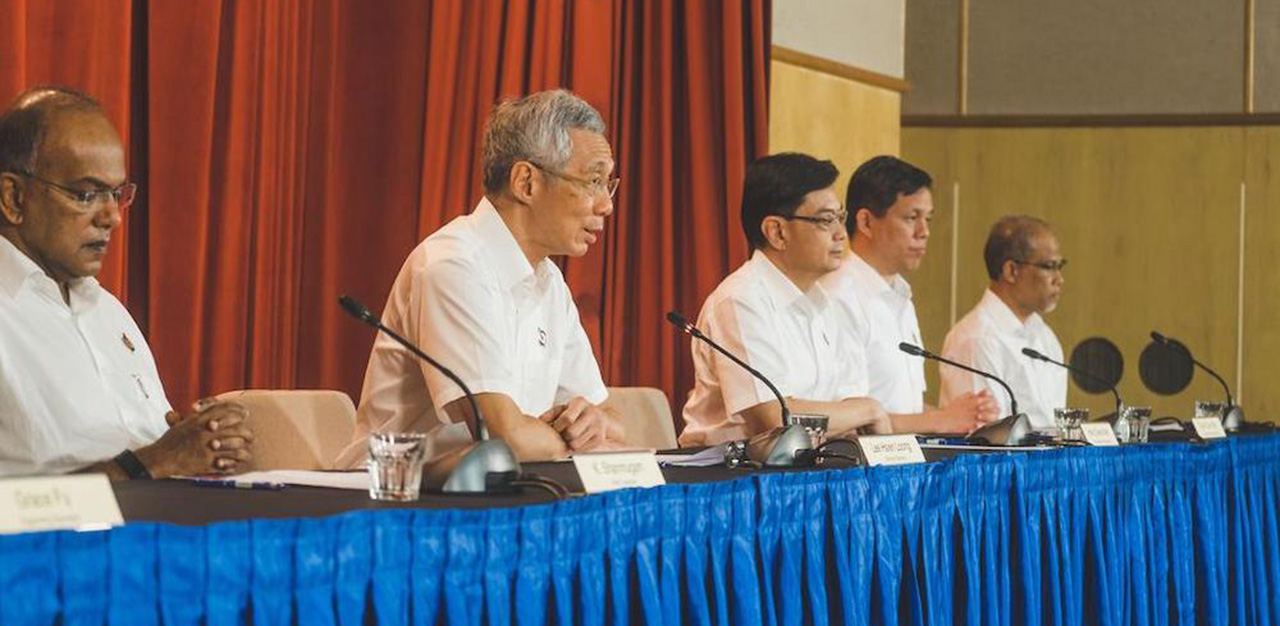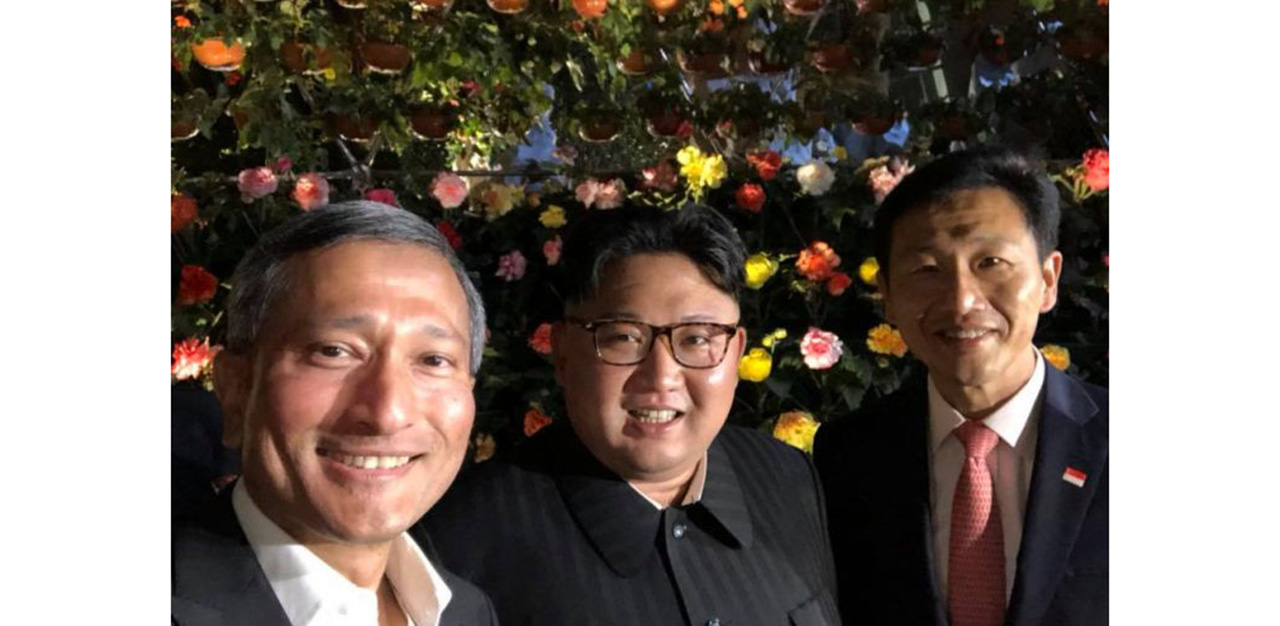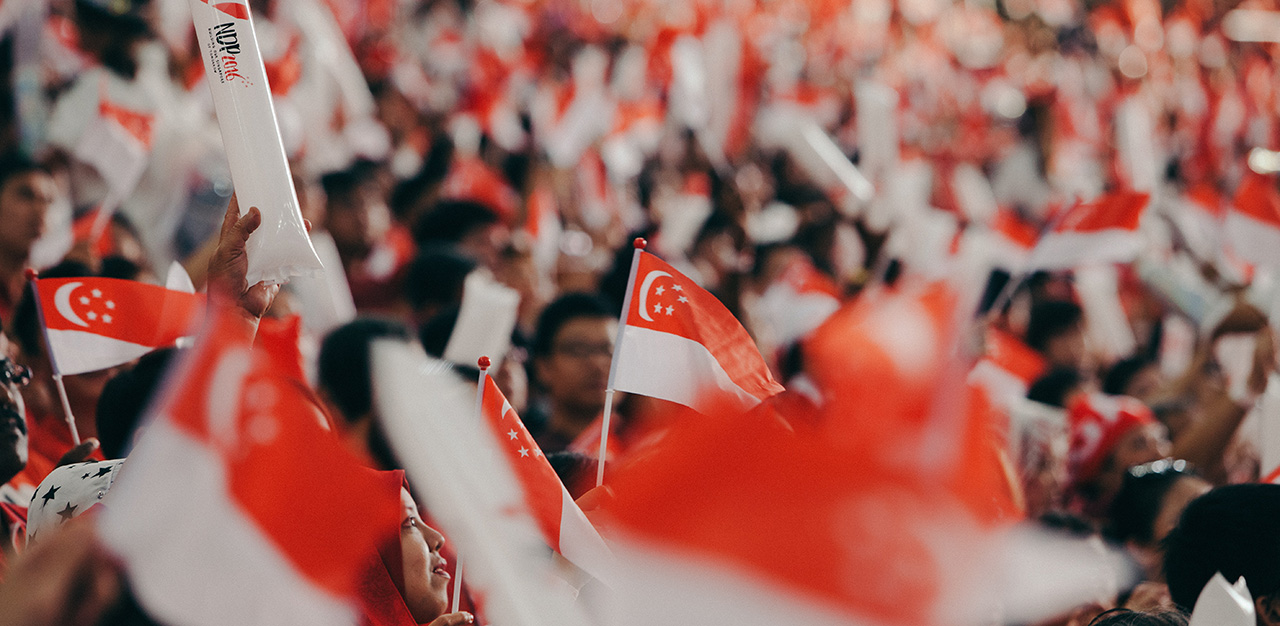A millennial’s impassioned take on what it means for some to be a Singaporean, and why it does not matter who the next PM will be.
When Singapore Deputy Prime Minister (DPM) Heng Swee Keat went on stage to profess his love for the east coast in front of the entire nation, he didn’t just embarrass himself and his GRC (Group Representation Constituency); the sting of mediocrity was felt by Singaporeans far and wide.
Like any Singaporean with a modicum of respect for the public service, I was deeply mortified that a public service overseas scholar, having been at what is arguably the most elite school in this country and held key positions within the civil sector throughout his career before ending up DPM, could put up such a display of inadequacy.
His stepping down came as a pleasant surprise, but what lies ahead is likely to be another tried and tested move in the ruling PAP’s (People’s Action Party) playbook, unlikely to inspire any young person with a stake in this country.
The intergenerational divide: a human development gap
For as long as I have been politically aware, the nation has been led, for the most part, by profoundly uninspiring individuals. At the root of this lies an intergenerational divide so wide that the fundamental expectations of leadership between the generations are irrevocably disconnected.
While intergenerational divides have been a feature of human societies since time immemorial, there is a case to be made that modern Singapore’s is distinctive and especially thorny to dissect. Due to the longer periods of development other developed nations have had, they simply do not contend with what we do.

A colonial backwater only some six decades ago, our island-nation today boasts an advanced economy, a highly-educated populace, an efficient and reliable civil sector, and a strict adherence to the rule of law. The implications of these rapid achievements, however, carry a sociocultural strand that has not been widely appreciated.
Of the four generations present in the Singaporean electorate today, only the Gen-Zs and younger Millennials can be said to have fully reaped the benefits of its nation’s accumulated prosperity, since we were brought up after the 90s in what most would deem a wealthy, first-world environment, under circumstances that stand in stark contrast to that of the preceding generations. Singapore, as a developed metropolis comparable to others in the developed West, is all we have ever known.
Juxtapose that with pre-90s Singapore – a time before the nation had begun its ascend from middle-income status (GNI per capita under US$12,375) into high-income territory, and incidentally also before our Human Development score had crossed the 0.7 mark – and we might begin to understand this gap a little better.
Like most people born before 1950 today, aptly dubbed the Pioneers, my grandparents have never picked up a book or attended formal education in their lives, let alone learned a foreign, European language. Having arrived in Singapore in the 1930s and 40s, most people in this cohort only had one goal – to attend to their basest physiological and material needs.
For perspective, women in the US were pursuing doctorates as early as the late 1800s, and according to a 2006 US National Science Foundation report, by the 1930s women were accounting for about 15 per cent of all doctorates awarded in the US.
By contrast, the Ministry of Education was only established in 1955 in Singapore; before that, there was nothing that remotely resembled a structured and consistent education system.
This is not trivial – while generations in the developed West may be profoundly divided on sociocultural views, they do not face obstacles at the fundamental level, such as an insurmountable language barrier, like we do.

The Boomers and older Gen-Xs – incidentally a cohort that constitutes the majority of today’s electorate – are undeniably different. They are better educated, speak the lingua franca, and hold dear to their hearts more evolved aspirations. But at the core of the Singaporean condition they had grown up with, I argue, still lurks a sense of scarcity.
In social psychology, this refers to people ascribing more value to certain things they, through lived experiences, perceive as scarce, such as job security and opportunities (in a developing economy), reliable infrastructure (in a developing nation), or responsible governance (in a fledgling democracy).
After all, absurdist exchanges like the one between the Singapore Democratic Party’s Chee Soon Juan and the PAP’s Murali Pillai concerning public infrastructure in the 2016 General Election were conceivable only because there was an audience among the older voters for it, and the fact that access to funds for infrastructural developments have been reportedly tied to a constituency’s political affiliation affirms this observation.
Similarly, what are immigration woes if not the fear of job insecurity felt by a cohort of citizens who, faced with a global class of competition now, may justifiably harbour insecurities about their credentials as well as their leaders’ commitment to represent their interests? To a Gen-X in their 40s with two teenagers, these might be feelings unsettling enough to occupy their minds every election cycle.
For these diverse cohorts of older Singaporeans, a steely leadership capable of ‘delivering the goods’ – a phrase that has become synonymous with exemplary leadership among older folks on and offline, and which invariably ignores the intangible aspects of leadership – appears to be all that is desired.

This is not to say that the practical needs of citizens are trivial or unworthy. But just like so many of my peers often express, these expectations should not have to come at the expense of truly inspiring leadership – what Fred Kofman, Advisor of Leadership Development at Google, calls in his book The Meaning Revolution, ‘transcendent leadership’.
Transcendental leaders are people who can look past the self and the material to unite people in a cause bigger than themselves, ultimately inspiring the self-actualisation of their followers.
Such leadership employs empathy, authenticity, humility and a sound moral compass to inspire participation in, for instance, nation building and civic duties, but for reasons I have alluded to, do not currently exist in our nation’s political paradigm, nor the PAP’s playbook.
Like most of my disenchanted peers, I find the absence of such a brand of leadership among our political talent pool tragic, and the intergenerational human development gap goes some way towards explaining this dearth.

The un-Singaporean label
I once had a conversation with a family friend in his late 40s who had begun to turn cross with me after I had casually shared my views on our society. He was apparently appalled at my indifference to local politics despite having – gasps – an opinion(!) on everything from the PAP’s incessant paternalism to the intellectual laziness of Singaporeans.
“You’re starting to sound ungrateful, young man,” he bellowed. “Do you not like being a Singaporean?”
I have since heard older folks bring up a similar sentiment in various exchanges with younger people, and each time it happens I see the ramifications of our intergenerational divide begging the question: Can one wear the badge of a Singaporean and also be critical of it?
If I could write a dictionary entry of my own, my definition of a responsible and engaged Singaporean today would be one who, above other things, ignites conversations around what is possibly impeding social development, and how to ask for better.
Being Singaporean is not standing for any possibility that the ruling party could have racist tendencies. It’s not accepting the paternalistic, condescending style of leadership we have witnessed emanating from parliament over the decades as the default. It’s also refusing to close an eye to the high-handed use of ministerial resources in lawsuits against opposition politicians and ordinary citizens, the continuous insistence that capital punishment deters crime, and the endorsement of homophobia.
What do we envision the nation’s political culture to look like in the not-so-distant future, both for our kids and their kids?
Do we want the group of people who make the country’s biggest decisions to merely stop at delivering the goods, or would we rather they inspire our generations through the robustness of their leadership, and in the process invigorate civic engagement and aspirations?
Until we figure this out, who is at the helm is largely inconsequential, and the nation will be run the same.
One might call this entitlement; I call it progress. After all, our forebears didn’t work their fingers to the bone for us to still be slaves to pragmatism in 2021.
Chester Tan is a freelance writer, aspiring photojournalist, and communications student in his final year of university.
Join the conversations on TheHomeGround Asia’s Facebook and Instagram, and get the latest updates via Telegram.




























